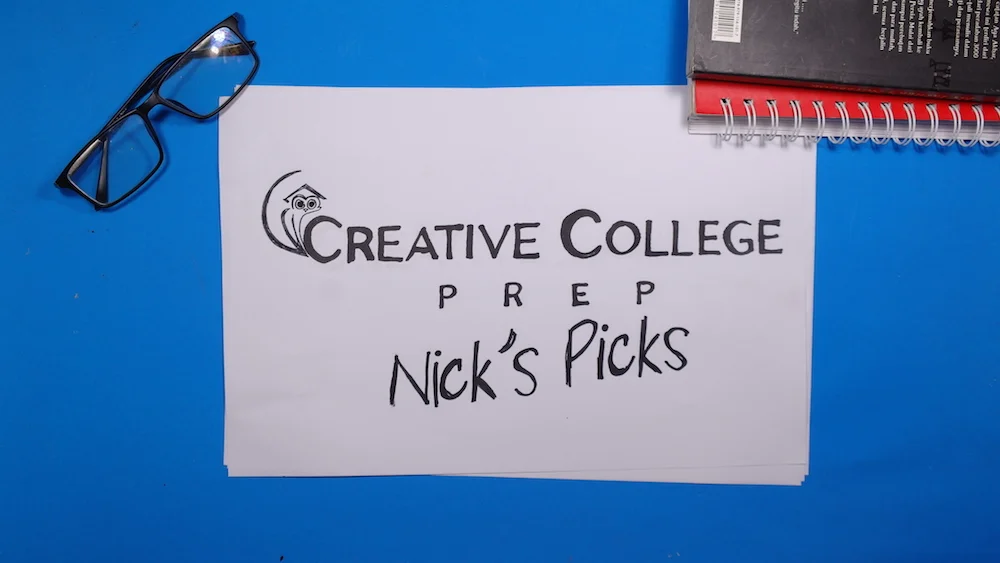Let me explain.
College admissions officials know better than just about anyone that students often change their minds, their majors, and their interests over the course of their college careers. You take a class in a subject you’ve never had any exposure to before, you join a new student group, and suddenly you’re in love with something you never knew existed. That’s a big part of what undergrad is all about.
What college admissions counselors admire, however, is the courage and self-awareness to take stock of what you’ve been doing over the past few years, name the trajectory you’re on at this moment in time, and do your homework so that you can articulate how their school can support the steps you’re taking for your future. Show them your determination, that you are highly organized and taking a serious, proactive, and realistic approach to managing your way through life, and they’ll understand your potential to contribute to their campus in the coming years.
The same goes for students getting ready to leave college. Show your potential employers why you’re right for the job and why the job is right for you. What relevant experience do you have? What experiences do you want? *Why*? What questions are you trying to answer about the direction you’re headed in? And then, to round it all out, what non-work experiences help to make you a relatable, interesting person?
In other words, you make space for yourself to explore by doing everything in your power to continue in a direction that fits you as an individual. You are already in motion, on some trajectory. While you can’t know everything about where it leads, you can work continually to check in on where you seem to be headed, and make adjustments according to where you want to be headed.
If human behavior interests you, for example, perhaps you’re considering a psychology major. But why rest there when nearly every undergraduate school has a psych program? What are some of the classes, areas of concentration, or experiential programs that the colleges on your list have to offer? Are you interested in the effects of drugs on the brain? Perhaps you can find a pharmacology class. The ways in which people behave in groups? Maybe there’s a concentration in organizational psychology. Are you interested in working with victims of abuse? See what internships your potential colleges offer.
The bottom line is that nothing has changed about the way in which we explore our paths through life. We need time and experience; most of what forms us is a process of trial and error. The only difference between now and “back then” is that college-bound students and graduates need the mindfulness to self-reflect, the diligence to do it consistently, the clarity to recalibrate as often as needed, and the ability to articulate their progress (in an appealing way) to the people with the power to open up doors to opportunity.
As with writing, in any creative undertaking (which includes actively exploring your future) you exercise your will not in the action of creating, but in consciously making the time and space for your creations to emerge—in due time. “Due” comes from the Latin “debere,” which means “to owe”; what you owe yourself is that space and time to take every opportunity as it comes, and adjust your plan according to whatever hand life deals you.
Looking back on my career path and on our journey to almost-parenthood, I can’t see all the time leading up to this point as anything other than due time. The struggle brought us closer, forced us to communicate more effectively and bring a higher level of order to our household. What comes when you’ve paid your dues?









































